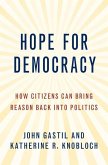
Broschiertes Buch
How Citizens Can Bring Reason Back Into Politics
21. Januar 2020
Oxford University Press
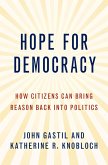
20,95 €
Sofort per Download lieferbar
20,95 €
Sofort per Download lieferbar
Ähnliche Artikel

15,99 €
Versandfertig in über 4 Wochen
Broschiertes Buch
19. Juni 2007
Prh Grupo Editorial
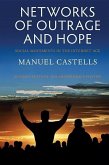
Broschiertes Buch
Social Movements in the Internet Age
2nd Revised edition
13. April 2015
Polity Press
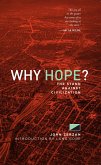
12,99 €
Versandfertig in über 4 Wochen
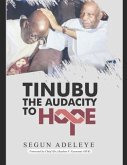

Broschiertes Buch
The UN Mission in Haiti
3. März 2010
Wilfrid Laurier University Press

17,99 €
Versandfertig in über 4 Wochen
Broschiertes Buch
24. August 2016
Touchladybirdlucky Studios

19,99 €
Versandfertig in über 4 Wochen
Broschiertes Buch
22. September 2017
Touchladybirdlucky Studios

Broschiertes Buch
Presidential Rhetoric, the News Media, and U.S. Foreign Policy Since 9/11
2. Juli 2016
Global Academic Publishing
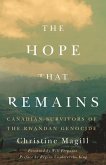
15,99 €
Versandfertig in über 4 Wochen
Broschiertes Buch
Canadian Survivors of the Rwandan Genocide
15. April 2019
Vehicule Press
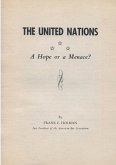
17,99 €
Versandfertig in über 4 Wochen
Ähnlichkeitssuche: Fact®Finder von OMIKRON
